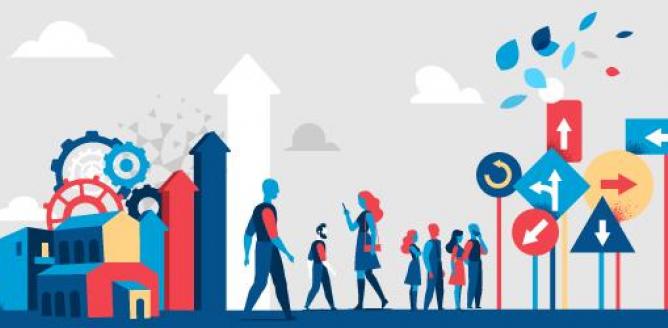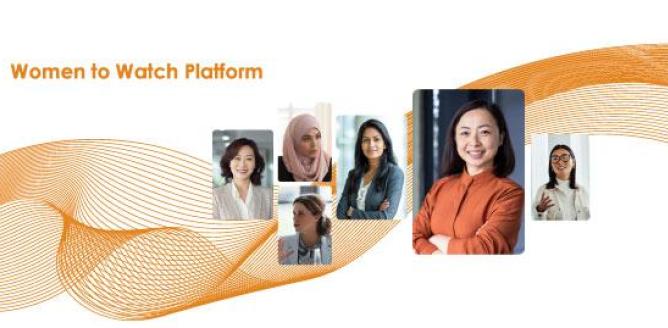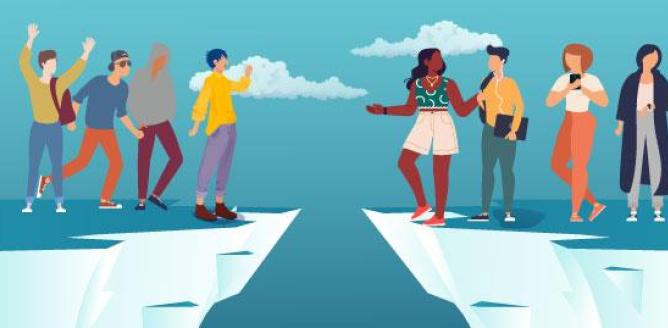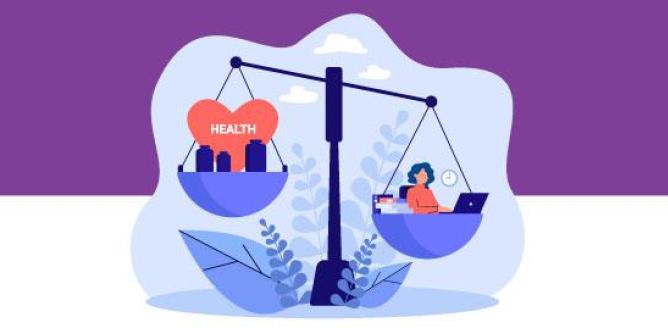"Accept - then act. Whatever the present moment contains, accept it as if you had chosen it. Always work with it, not against it.” Eckhart Tolle, author
COVID-19 has upended nearly every aspect of our daily lives from our basic necessities and social interactions to education, jobs and the economy. But it also offers us a rare chance to radically transform and reshape our mindsets, behaviours, values and systems – including gender equality. This crisis is in effect the crucible of transformation.
At TWF, we’ve taken a moment to reflect on what this crisis and – in turn – how we can use it to transform gender equality in the post-COVID environment.
We are beginning to see deep challenges to the status quo. There is a collective upswell in appreciation for essential workers. Not just for health service workers, but also supermarket workers, cleaners and other low income jobs that are disproportionately held by women and whose voices and needs have often been sidelined from conversations and policies.
Remote working has accelerated. Flexible working around our home life responsibilities is now expected and accommodated. While the current work from home measures are enforced, it has opened up a new trust and acceptance on the part of employers and employees which must translate to longer term flexible working arrangements – good news for working parents and caregivers, the majority of whom are women.
There is also a new appreciation for the unpaid burden of care that women shoulder for children and elders. More time at home means that men have the opportunity to take on a more equitable share of household responsibilities, and we’ve seen some governments like Mexico actively encouraging men to do so. The prolonged work from home measures may mean men feel more comfortable to ask for more flexible working opportunities.
COVID-19 has also spotlighted areas for further change. Lower income families being less able to participate in online learning and working exposed vast inequalities in technology, exacerbating the already existent STEM gap for girls and women. NGO and corporate partnerships like TWF’s Tech for Good initiative have emerged to reduce the gap, but broader policy and structural changes are needed to close the digital gap.
Similarly, the increase in sexual and domestic violence has caught headlines during strict quarantine and lockdown measures across the globe, often followed by government or community resources to combat it. Harmony House, RainLily, and TWF have called for HK's government to take action. But the root cause of sexual violence is not COVID-19-specific nor will it end when the pandemic ebbs. We must all come together to provide wholesale solutions to this long-ignored issue. This is why we launched our #MakePeopleCount campaign last week to break taboos and advocate for necessary changes to create a sexual violence free city. We urge you to join us.
The changes wrought by COVID-19 should inspire us to move quickly and work more creatively and collaboratively to achieve a kinder and more gender balanced world. This crisis was unexpected and unwanted, but the way in which it has affected our society is undeniable. It now presents us with a rare opportunity to transform how we approach normalcy –education, jobs, relationships and gender equality.
Let’s recognise the shifts that are occurring with this crisis and seize the opportunities for new and equitable solutions to recreate our future and transform our city.
Get in touch at Fiona.Nott@twfhk.org.





















